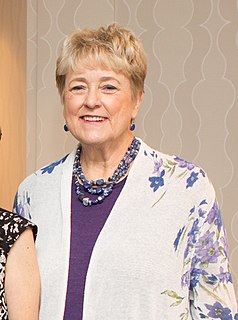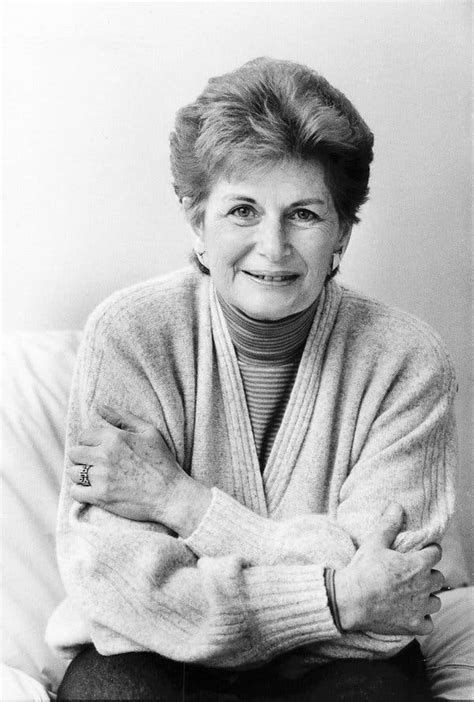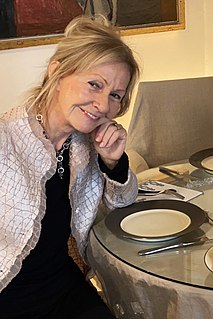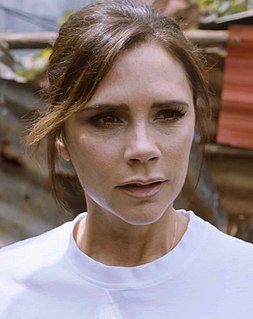A Quote by Martha McSally
We have women entering lower-paying career fields. Women are still, culturally, the primary caregivers for children, even though we would love to have fathers and mothers share responsibility.
Related Quotes
I'm not saying that all women are blameless - all women are not. There are women with despicable characters who are cruel and terrible and some of them are mothers. But why do we blame our mothers more than our fathers? We let our fathers get away scot-free. We hardly even knew who they were in many cases, given the way this culture raises kids, and they may have been quite cruel. They may even have raped us as children, but even if they raped us, we will blame our mothers for not protecting us instead of blaming our fathers who actually did it.
Women have always been the primary victims of war. Women lose their husbands, their fathers, their sons in combat. Women often have to flee from the only homes they have ever known. Women are often the refugees from conflict and sometimes, more frequently in today's warfare, victims. Women are often left with the responsibility, alone, of raising the children.
Ideas about mothers have swung historically with the roles of women. When women were needed to work the fields or shops, experts claimed that children didn't need them much. Mothers, who might be too soft and sentimental, could even be bad for children's character development. But when men left home during the Industrial Revolution to work elsewhere, women were "needed" at home. The cult of domesticity and motherhood became a virtue that kept women in their place.
Contrary to all we hear about women and their empty-nest problem, it may be fathers more often than mothers who are pained by thechildren's imminent or actual departure--fathers who want to hold back the clock, to keep the children in the home for just a little longer. Repeatedly women compare their own relief to their husband's distress
French women love to shop and prepare food. They love to talk about what they have bought and made. It's a deeply natural love, but one that is erased in many other cultures. Most French women learn it from their mothers, some from their fathers. But if your parents aren't French, you can still learn it yourself.
I specially want to have young women not to wait as I did until my children were grown, but young women to come in to gain their seniority so they could be respected leaders at a much earlier age. It's important for all women to see young women who share their experience whether it's as a working mom with young children, who understands the struggle and the aspirations of young women in a similar situation. And if they don't have family and they're pursuing their career women should see that as well.
I have always been a great believer that women should support women, and my admiration goes out to mothers everywhere, as they constantly put their own needs behind those of their children, embracing daily uncertainties and entering the new uncharted territories that each day brings, to be, in return, rewarded with joy and unending love.
Men and women dream the same amount. The main difference in dream content relates to biology and life events. Women dream about their fertility, pregnancy and delivery, and have more dreams about children - owing to their role as primary caregivers. Other differences in dreams have been exaggerated.
Mothers and fathers act in mostly similar ways toward their young children. Psychologists are still highlighting small differencesrather than the overwhelming similarities in parents' behaviors. I think this is a hangover from the 1950s re-emergence of father as a parent. He has to be special. The best summary of the evidence on mothers and fathers with their babies is that young children of both sexes, in most circumstances, like both parents equally well. Fathers, like mothers, are good parents first and gender representatives second.
































